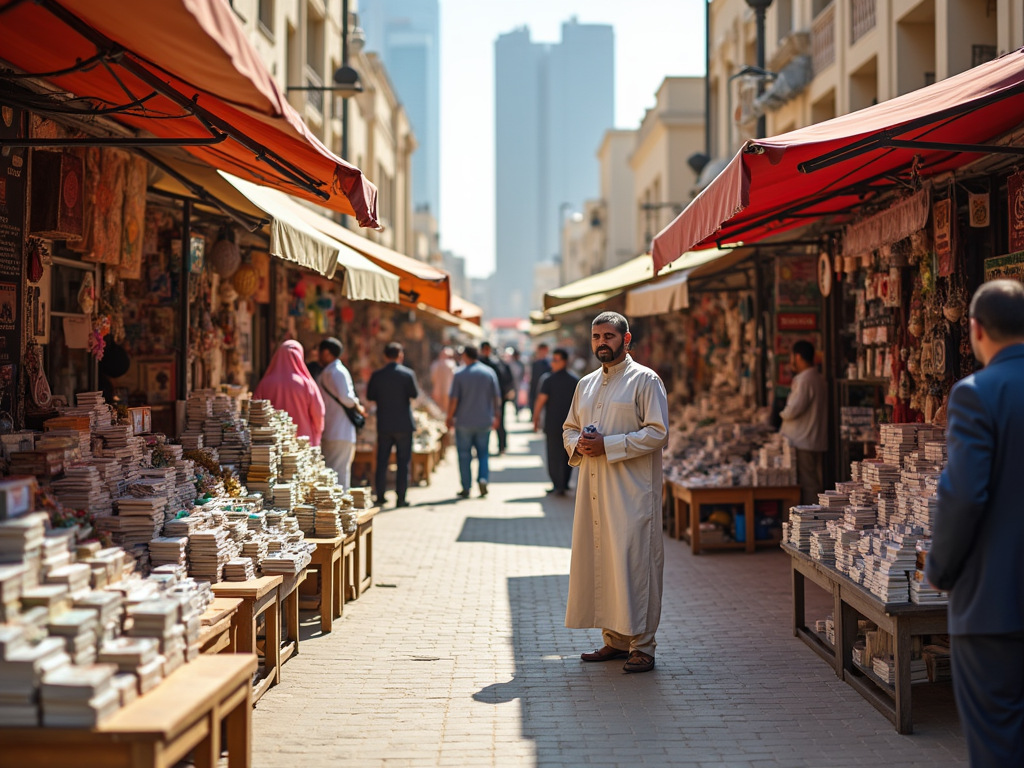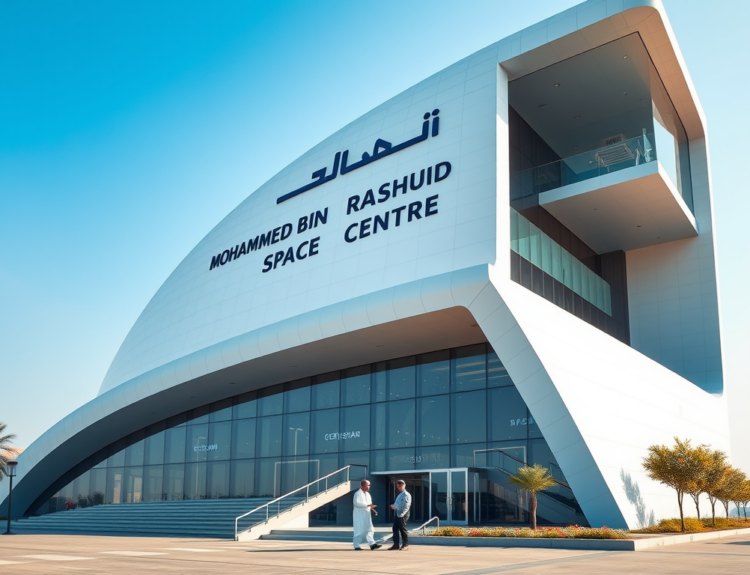Dubai, a global financial hub, has witnessed exponential growth in Islamic finance, an alternative banking system rooted in Sharia law. This growth reflects the rising demand for ethical banking practices that align with Islamic principles. The sector’s expansion is influenced by increased investor interest, government initiatives, and a favourable regulatory environment. With a strong focus on social responsibility and risk-sharing, Dubai has positioned itself as a leading center for Islamic finance in the Middle East and beyond. The framework promotes financial inclusion and diversification, solidifying its role in the global economy.
Historical Context of Islamic Finance in Dubai

The concept of Islamic finance originated in the early Islamic period, but structured Islamic banking began to take root in the late 20th century. In the 1980s, Dubai established its first Islamic bank, marking a significant milestone in the financial landscape. The 1990s saw the introduction of various Islamic financial products and services, further contributing to its proliferation. Today, the emirate’s financial system is not just diverse but deeply interconnected with the global economy. The government’s proactive approach has led to the establishment of regulations that support Islamic finance’s acceptance and standardization. This historical evolution highlights Dubai’s commitment to becoming a global leader in ethical finance.
Key Drivers of Growth

Several factors are contributing to the remarkable growth of Islamic finance in Dubai:
- Regulatory Framework: The government of Dubai has implemented regulations that promote transparency and attract Islamic financial institutions.
- Global Demand: There is a growing interest in Sharia-compliant products among Muslim and non-Muslim investors looking for ethical investment options.
- Diverse Offerings: Islamic finance now encompasses a wide range of services, including banking, insurance (Takaful), and equity products, appealing to varied customer needs.
- Technological Advancements: Fintech innovations have streamlined Islamic financial services, making them more accessible and attractive to younger demographics.
- International Cooperation: Collaborations with global financial institutions have elevated Dubai’s position as a major player in Islamic finance.
Islamic financial institutions play a crucial role in promoting ethical investing and financial inclusion. Institutions such as Dubai Islamic Bank and Abu Dhabi Islamic Bank have become pioneers in providing Sharia-compliant financial services. They offer a wide range of products, including savings accounts, home financing, and investment opportunities that adhere to Islamic principles. The growth of these institutions fosters a unique market that meets the expectations of customers seeking ethical banking solutions. Moreover, these banks contribute to economic stability by supporting small and medium enterprises (SMEs) through Sharia-compliant financing options. Overall, the role of these institutions is foundational to the ongoing success of Islamic finance in Dubai.
Challenges and Opportunities
Despite its growth, the Islamic finance sector in Dubai faces several challenges. These include:
- Standardization: There is a lack of uniformity in Islamic finance products, creating confusion among consumers and possibly deterring investment.
- Market Competition: Conventional finance remains a strong competitor, necessitating that Islamic financial institutions continually innovate and improve their offerings.
- Education and Awareness: Many potential clients are unfamiliar with Islamic finance products, underscoring the need for increased education and outreach.
However, with challenges come opportunities. By engaging in education initiatives and leveraging technology, Islamic finance institutions can reach wider audiences and solidify their market presence. Furthermore, the potential for cross-border collaboration can provide new avenues for growth, allowing firms to expand beyond Dubai’s borders into the global market.
Conclusion
The growth of Islamic finance in Dubai represents a significant evolution of the financial landscape, driven by the region’s commitment to ethical banking and investment practices. The alignment of Islamic principles with modern financial services not only attracts a diverse clientele but also fosters sustainable economic development. Looking forward, if the sector continues to address its challenges while capitalizing on emerging opportunities, it stands poised to further strengthen Dubai’s role as a global leader in Islamic finance. As the world increasingly shifts toward ethical and responsible finance, Islamic finance in Dubai is set to thrive.
Frequently Asked Questions
1. What is Islamic finance?
Islamic finance refers to financial activities that comply with Sharia law, prohibiting interest (riba) and promoting risk-sharing, ethical investments, and real economic activity.
2. How is Islamic finance different from conventional finance?
Unlike conventional finance, which operates on interest-based principles, Islamic finance emphasizes profit and loss sharing, ethical investments, and risk-sharing between parties.
3. What are some common Islamic financial products?
Common Islamic financial products include profit-sharing investment accounts, Sukuk (Islamic bonds), Takaful (Islamic insurance), and Islamic home financing options.
4. Who can participate in Islamic finance?
Anyone can participate in Islamic finance, both Muslims and non-Muslims; however, the products offered are specifically tailored to uphold Islamic values and principles.
5. What future trends are expected in Islamic finance in Dubai?
Expect an increased focus on fintech innovations, sustainable investment options, and efforts to standardize Islamic finance products to enhance consumer confidence and participation.



